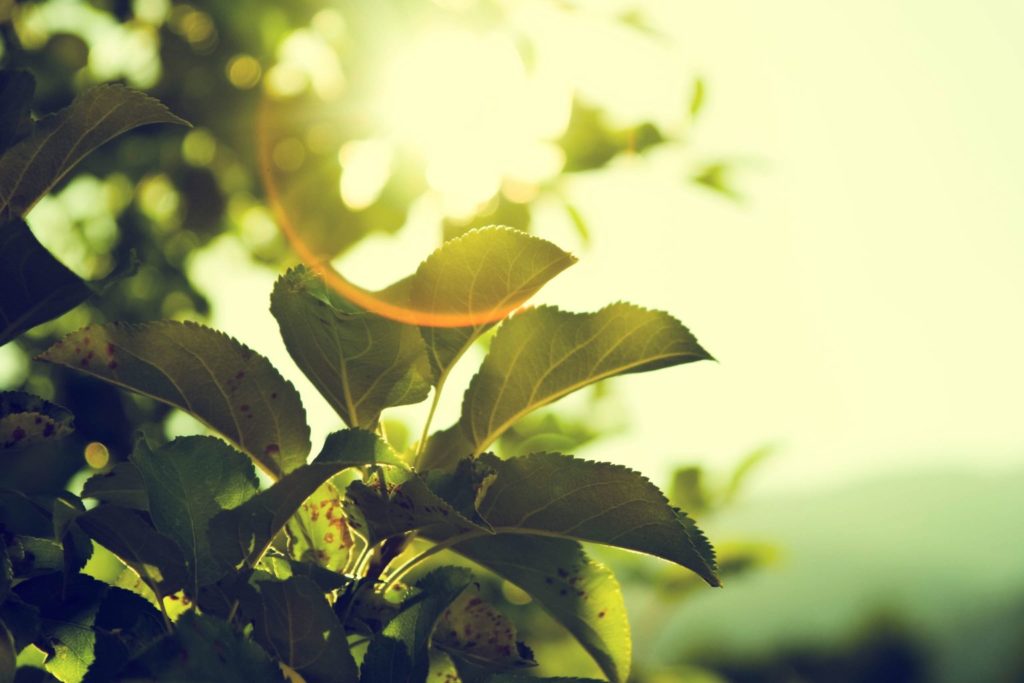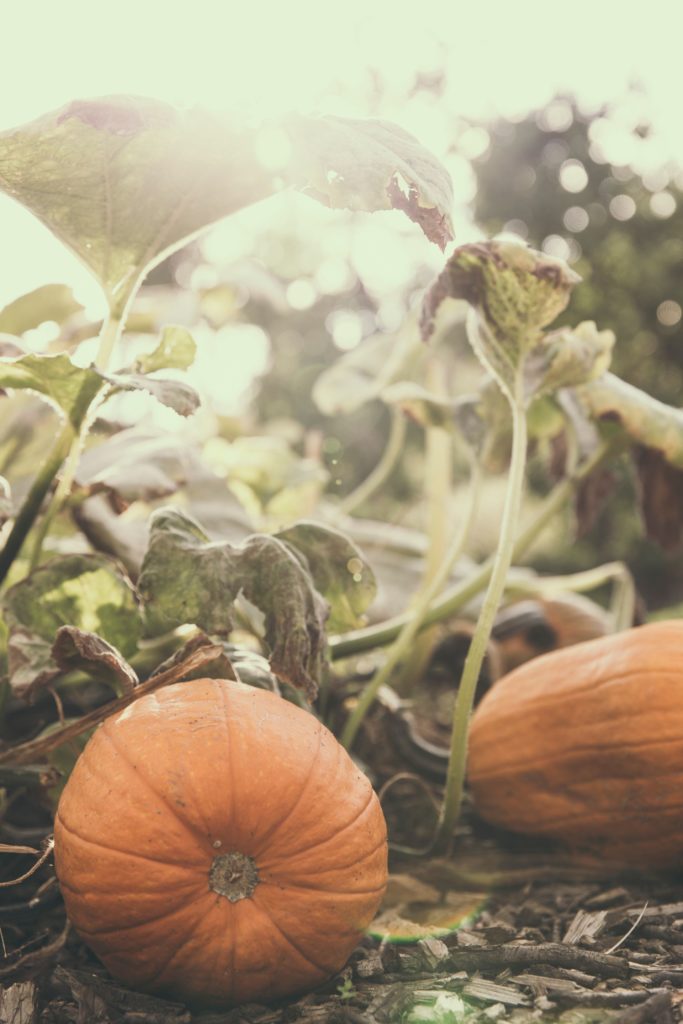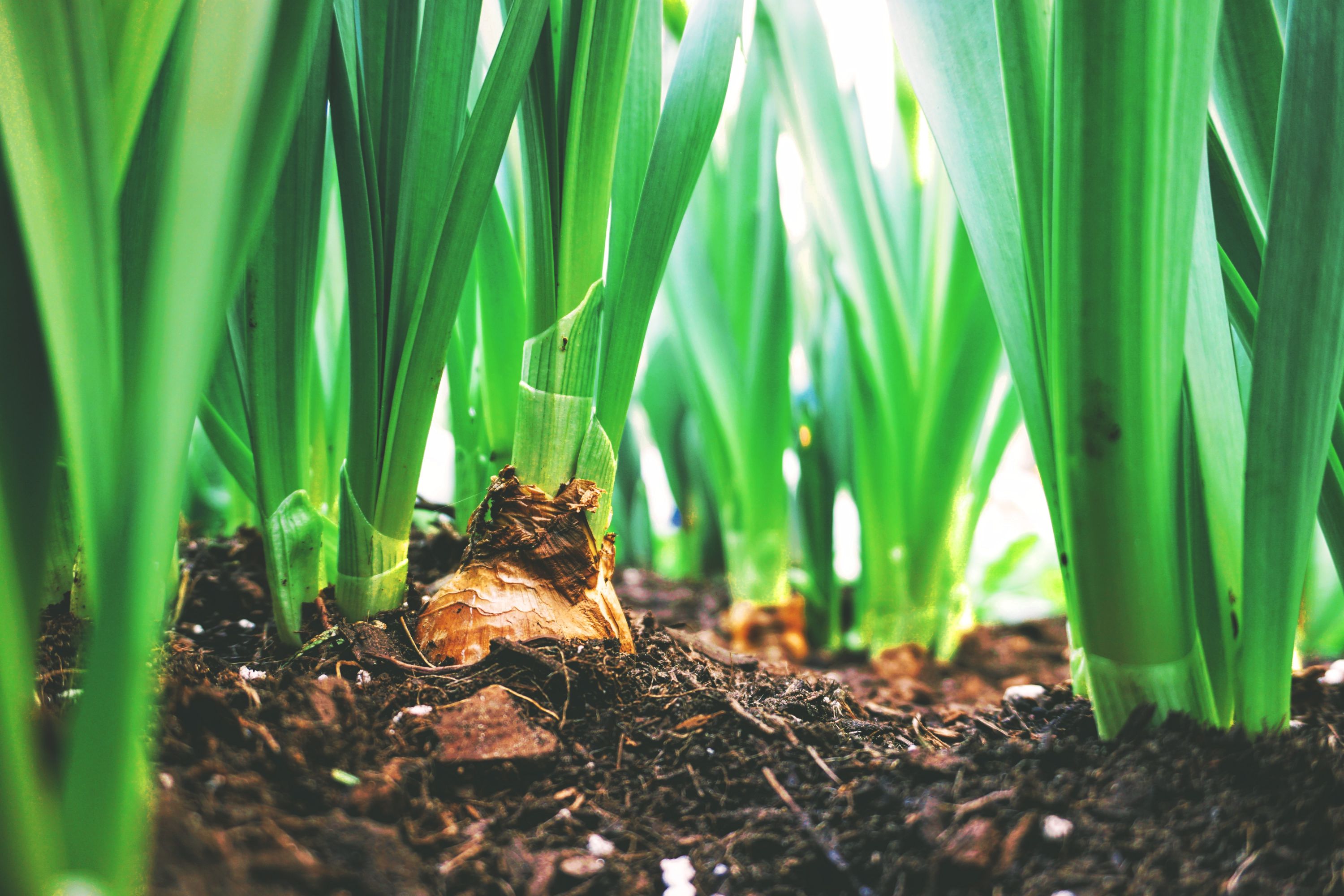Every year we produce tons of waste that ends up on landfills. Of course, a part of that waste is recycled waste. Consider glass, paper, plastic or metal. But garden waste is also reused through composting. Organic compost is a way in which solid waste is broken down by microorganisms. In combination with oxygen, this triggers a natural reaction that recycles the organic waste.
For a household, organic compost is an important part of reducing the amount of household waste. Every household can compost and it doesn’t cost a lot of money or effort. The end product can be used as a natural fertilizer for gardening and for agricultural purposes.
If you are curious how you can make an organic compost heap in your own garden, then certainly continue reading.

What is organic compost?
When composting, you create ideal conditions for triggering natural decay or putrefaction of natural products. If you want to start composting, you need a number of basic components: organic waste such as fruit and vegetables, wood waste, leaves, newspapers and grass. You also need water, air and soil that is the source for microorganisms.
During the process of composting, the microorganisms living in the soil do all the work. They eat the organic waste and break it down into very small particles. The result is humus that is rich in fiber. In addition, the humus contains inorganic nutrients such as potassium, phosphorus and nitrogen.
The microorganisms break down the waste through aerobic breathing. For this they need the oxygen that they obtain from the air. It is important to regularly turn the waste in the compost bin. In addition, the microorganisms need water to stay alive and to multiply. The aerobic breathing process produces carbon dioxide and heat. Do you know that the temperature in a compost heap can be as high as 60 degrees Celsius? Provided the compost heap will be managed actively. You can stimulate this by regularly turning the waste and watering it. In this way the putrefaction process can take place in just a few weeks.
The ideal conditions for a compost heap
The balance in the compost heap is important. Otherwise, efficient dissolution cannot take place. Important components for the compost heap:
- Enough water, the mixture must be moist, not soaked.
- The mixture must be turned every other day so that it contains sufficient air.
- The mixture must consist of small waste particles. Large chunks must be made small. Large parts also will be broken down, but it takes longer.
- The correct ratio of nitrogen and carbon is important. The ideal ratio is 1:30.
- A sufficient amount of soil that ensures the presence of the microorganisms.

Why do you want an organic compost heap?
The first and most important purpose of composting is to reduce the amount of waste. This saves waste on landfills. And when everyone offers less waste, the waste processing costs can also be reduced.
But in addition to saving waste, it is also a natural fertilizer. Compost contains many bacteria and fungi that break down the organic matter in the waste. Furthermore, in a good compost heap you will also find small worms, single-celled organisms and mites. They feed on the fungi and bacteria that are present. The centipedes, beetles and other invertebrates mainly feed on the single-celled organisms. This keeps the population of every organism in balance. A balance that increases the efficiency of composting. For example, it is clear that an environmentally friendly fertilizer is always better for your garden than synthetic fertilizer.
An organic compost therefor fits in a sustainable household, but is also an essential part of living off the grid.
How to make organic compost?
• First choose a good place for your compost heap or compost bin. A compost heap or compost bin is ideally located at a good distance from the house. After all, you want to prevent dirty rotting odors from entering your home. You also have to think about a good distance for the neighbors property.
• Add the ingredients. That sounds simple, but keep in mind that not all waste produces the same result. For example, waste from meat and dairy will contain many fats. This causes an unpleasant odor. But do you have an active organic compost heap, meat and dairy are not a problem. Furthermore, fruit and vegetable peels, seeds and leaves are ideal. Just like eggshells, coffee grounds including the paper filter, tea bags and used paper napkins. And of course garden waste, such as grass residues, twigs, hay, straw, sawdust and newspapers are good breeding grounds for the compost heap.
- What you should not throw on the compost heap, includes human waste or cat litter. This contains diseases and parasites that disturb the natural balance. Diseased garden plants and invasive weeds are also not good for healthy organic compost.
- Cover the compost pile with sufficient soil. It is recommended to spray the soil shortly with water, so that there is sufficient water available. Then turn the compost so that everything can mix well and there is sufficient air in it.

Worm composting for a faster process
Worms can shorten composting times by as much as 50 percent. You can sow your compost heap with earthworms or buy special compost worms. You can place a box with worms outside the house to process kitchen waste and meat scraps.
As you add new layers and run the compost, mix new layers of intact waste with partially broken layers. The partially and almost finished material will settle on the bottom because the particles are smaller. The completed compost comes from the bottom of the bin.
Making a compost heap is not difficult and is very good for the environment. You contribute to reducing waste processing, which can also have economic benefits. But if you really want to participate in sustainability, then composting is a great start. The compost, the end product, is purely organic. Plants in your garden will grow better. And have you started growing your own vegetables? Then the use of pure organic fertilizer is more than welcome. That way you know for sure that no chemical products has been used. That is how you start an easy and cheap sustainable life.
